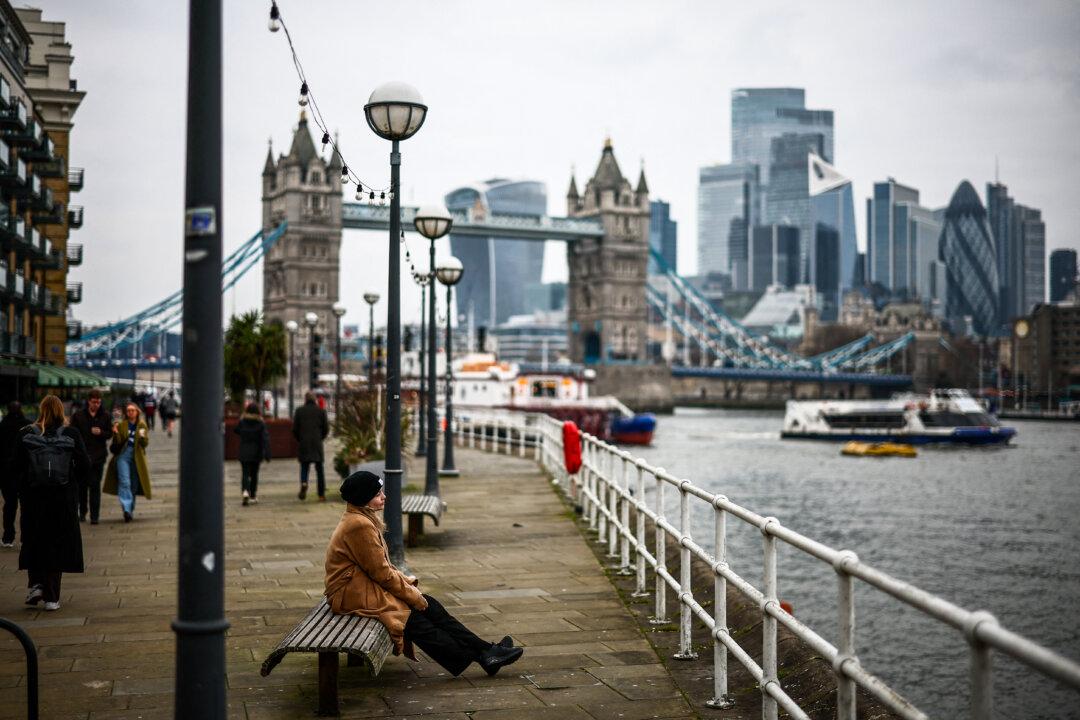London is losing its richest residents.
The British capital has seen more than 30,000 millionaires vanish over the past 10 years.

London is losing its richest residents.
The British capital has seen more than 30,000 millionaires vanish over the past 10 years.